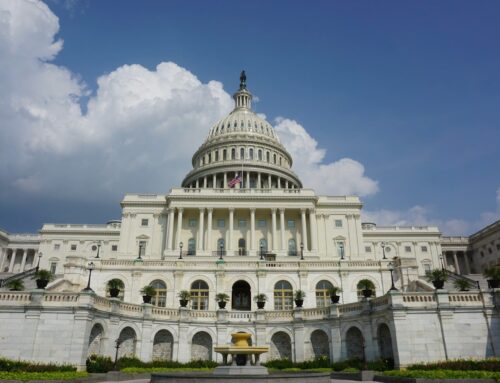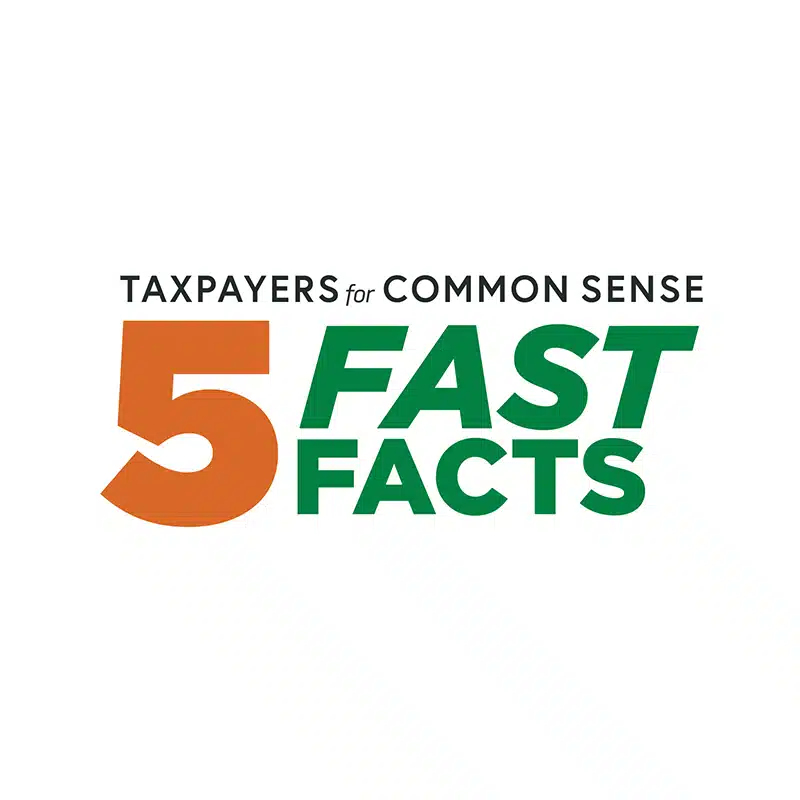Global corporations are using a sly accounting trick called transfer pricing in “accountant speak” to bilk the federal government out of billions annually. In the post-Enron era, this revelation may not be all that shocking, except for the fact that this tactic is also being used to launder money that's used to finance terrorism.
Between 1998 and 2001, the federal treasury lost out on more than $175 billion in tax revenue when parent companies hid profits by exaggerating the prices at which they traded goods with their foreign subsidiaries. For example, a U.S. manufacturer might export products to its subsidiary in Papua New Guinea at below-cost prices and then have the subsidiary resell the products at an exaggerated profit. The high profit made by the foreign subsidiary is then offset by the loss, thus avoiding the payment of US taxes.
Likewise, a U.S. company can import goods from their foreign subsidiary at extremely inflated prices and resell the goods at a normal price, artificially lowering its profits because of the overstated costs of import. Again, the company pays fewer taxes.
In a 2002 report, Simon J. Pak of Pennsylvania State University Great Valley and John S. Zdanowicz of Florida International University documented battery powered smoke detectors imported from Germany for $3,500 a piece and toilets exported to Hong Kong for less than $2 each. Other economists' findings also indicate that companies consistently manipulate their trade prices with subsidiaries to minimize their taxes. The IRS and the Treasury department have actually dismissed the numbers as typographical errors in the past, and to date have not done anything to correct corporate America's latest accounting scam.
But, there may be hope because companies are also using transfer pricing for more sinister motivations than simply avoiding taxes. The Customs Service has detected the potential for transfer pricing to serve as a facade for money laundering and terrorism financing operations. In the aftermath of Sept. 11 after the Treasury department linked certain honey companies to terrorism financing, Pak and Zdanowicz examined the honey trade between the U.S. and countries in the Middle East, and found that in 2000 honey was being exported to Yemen at prices that were 38 percent higher than average. There are strong suspicions that financiers in Yemen were importing over-priced honey to covertly send funds to U.S.-based terrorist cells.
The data made available to Pak and Zdanowicz didn't include the names of the scheming corporations. However, Sen. Byron L. Dorgan, has urged the IRS and Treasury department to step forward and more closely scrutinize their records as a first step to closing the transfer pricing loophole.
In addition to making these tax scofflaws pay their fair share of taxes, the Treasury department and IRS could aid efforts to track the flow of terrorism financing by sharing data with the Customs Service, which has recently created the Numerically Integrated Profiling System to focus on terrorism financing.
Transfer pricing is another example of how corporate accounting scams shift a bigger tax burden onto the shoulders of individual taxpayers. In light of recent reports that the federal budget deficit is $300 billion and growing, Congress and the Bush administration need to find more ways to make up for a lack in revenues. Putting an end to transfer pricing is a step in the right direction.











Get Social